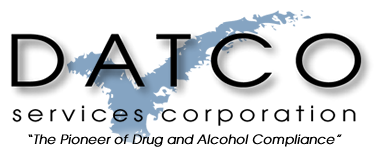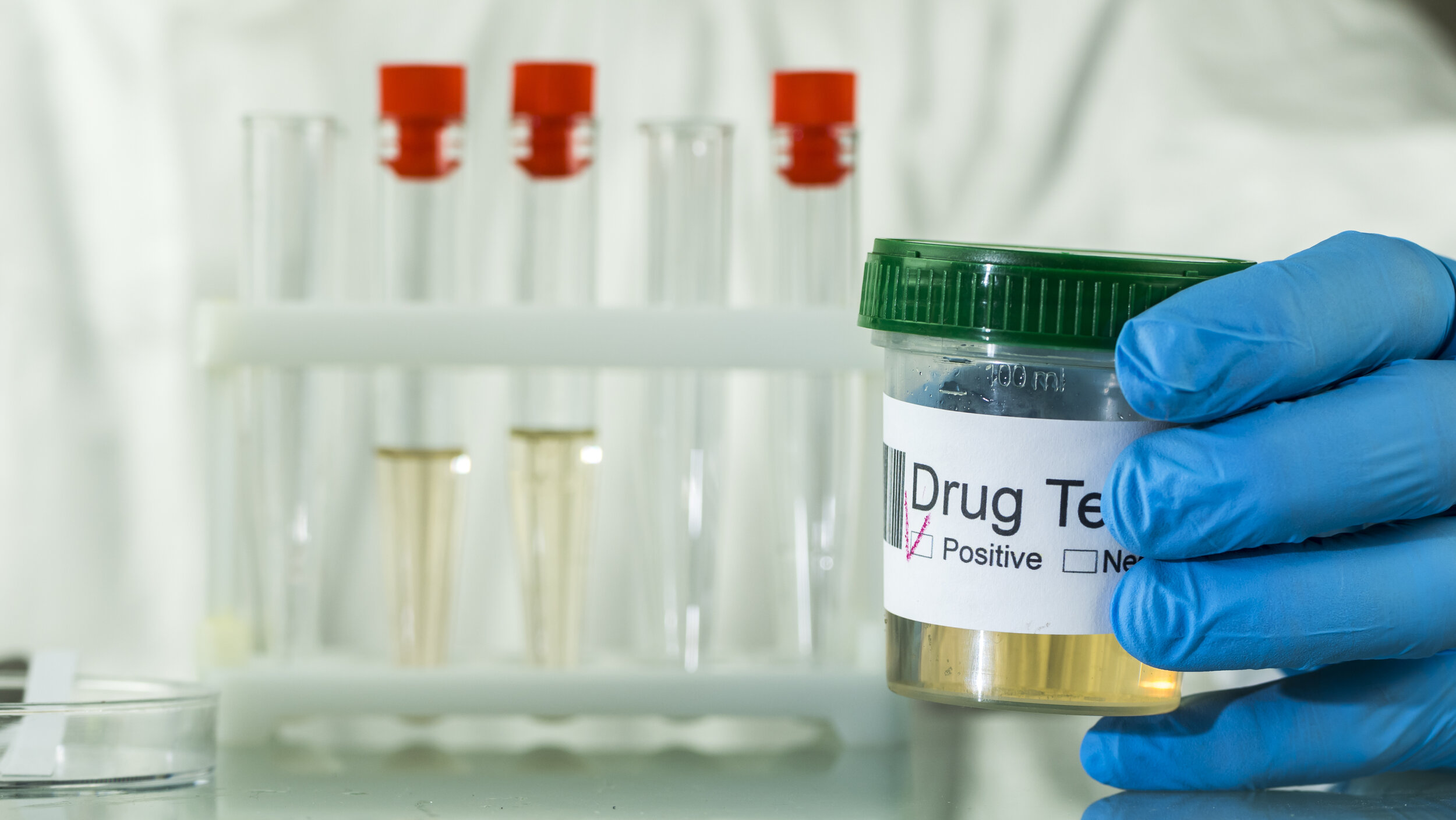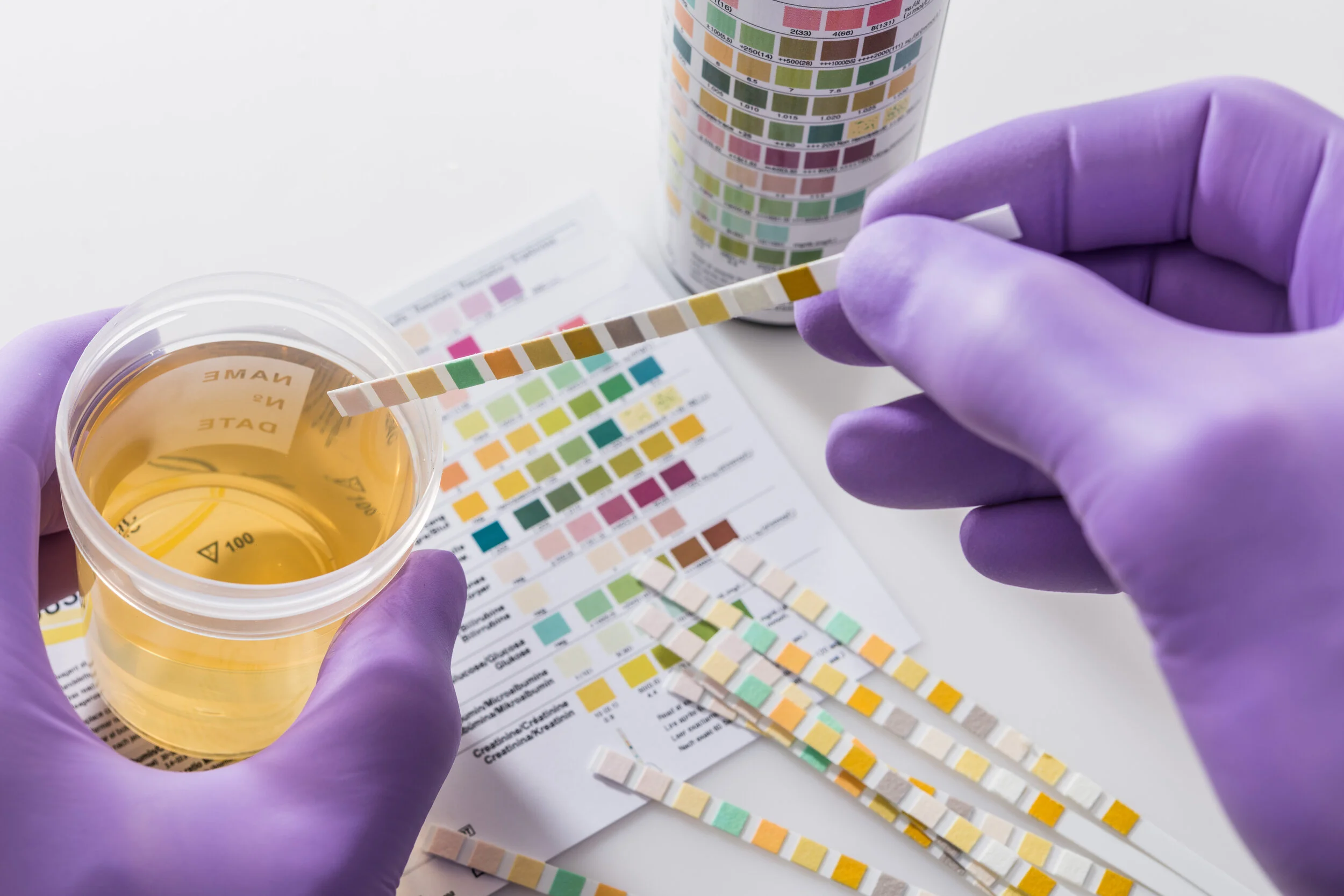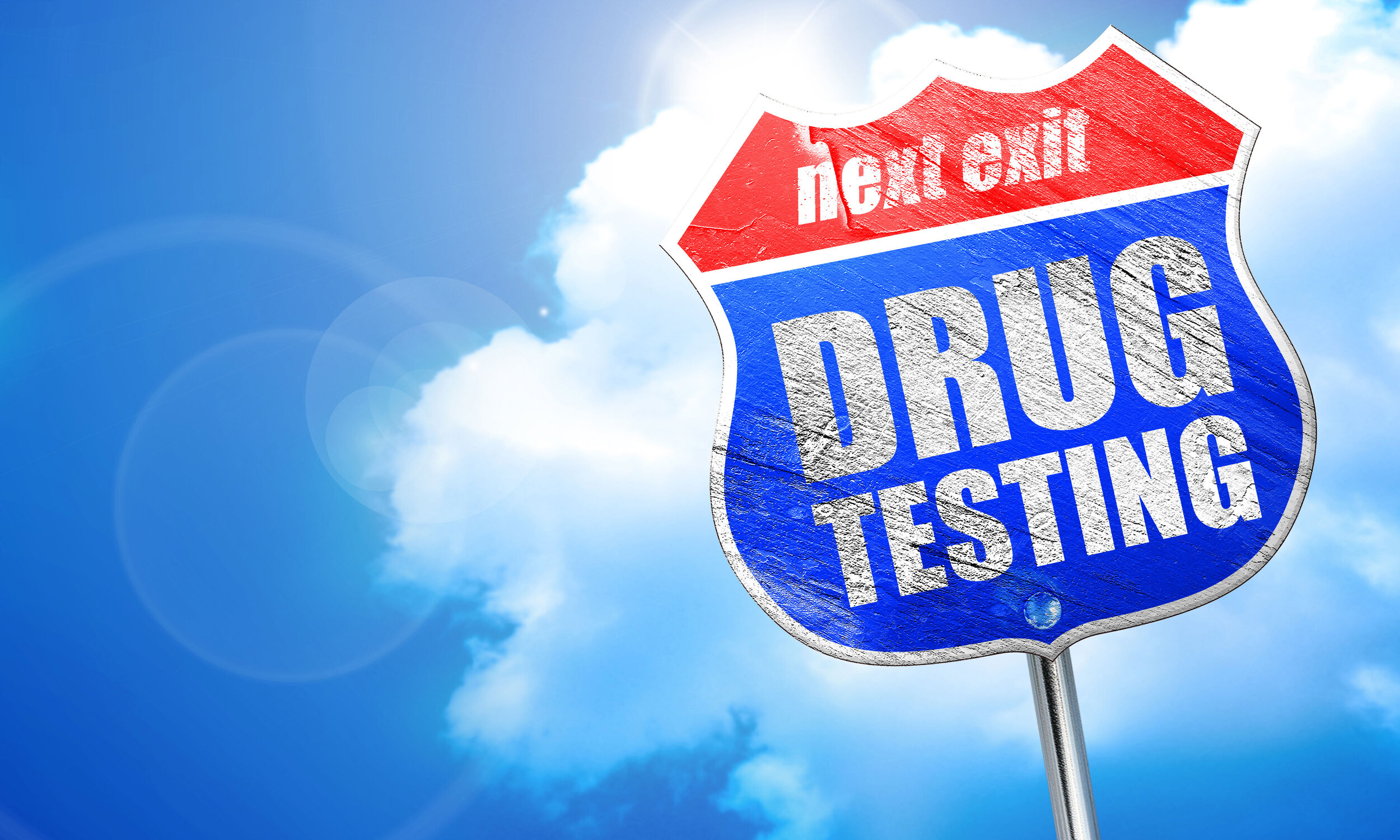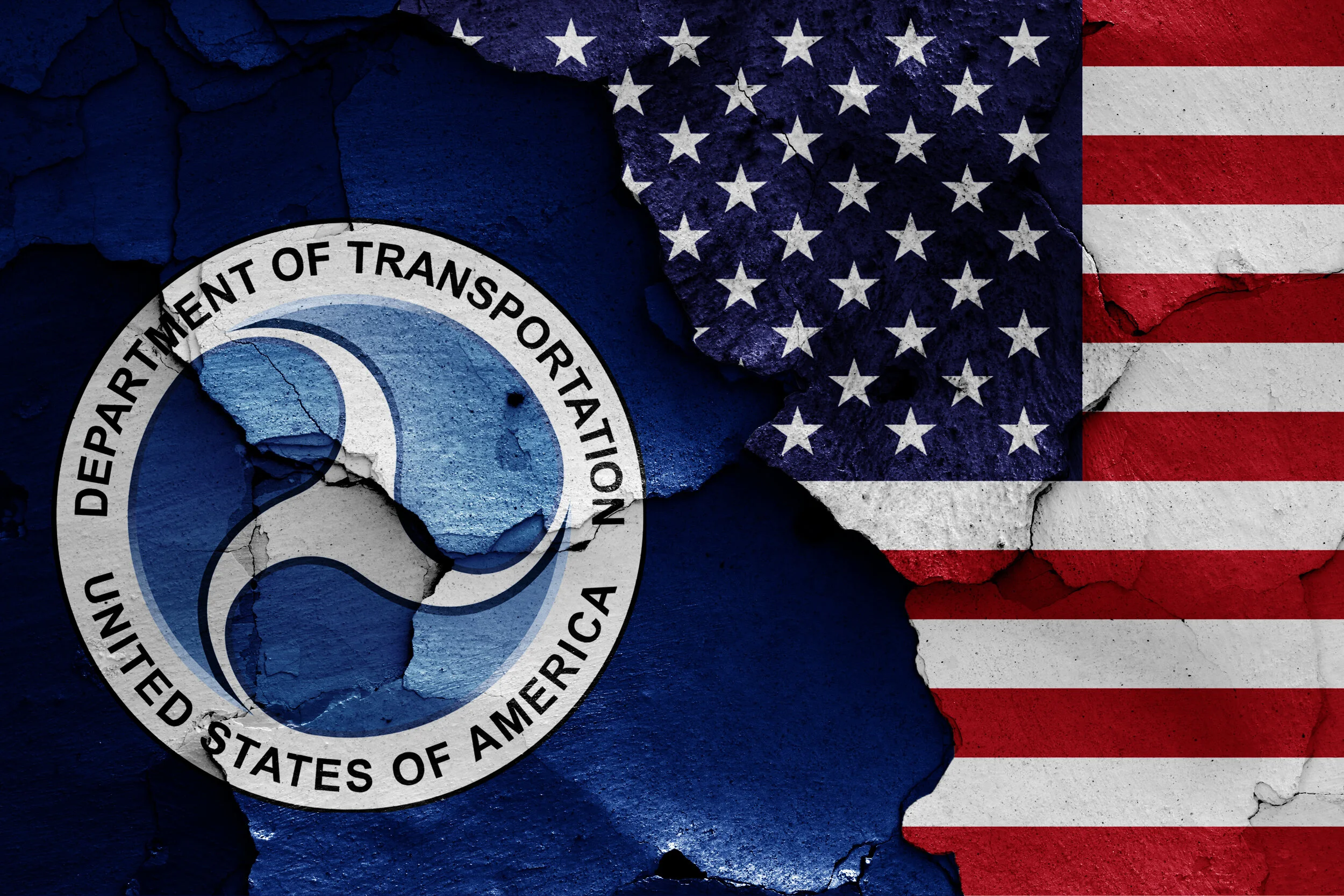Identifying Drug Use Among Children
October 4th is 2021’s National Child Health Day. Started by President Calvin Coolidge, it’s the perfect day to discuss healthy behaviors and drug avoidance in children.
Drug use in childhood and adolescence can put young people’s mental, emotional, and physical health at risk. While most children who use drugs do not become abusers or addicts as adults, it’s important to keep kids from becoming vulnerable and at-risk for abuse disorders in the future. In doing so, being able to recognize the signs of drug use in your kids is critical.
What are the warning signs of childhood drug use?
Physical evidence of drugs and/or drug paraphernalia
Behavioral problems or poor grades in school
Emotional distancing, isolation, depression, or fatigue
Overly susceptible to peer pressure
Hostility, irritability, or a decrease in cooperation, especially when it comes to household chores
Lying or evasiveness about after-school or weekend activities
Physical changes such as bloodshot eyes, runny nose, frequent sore throats, and rapid weight loss
Changes in mood, eating, or sleeping patterns
Dizziness and memory problems
Unusual odor on breath
Widely dilated pupils in bright light or pinpoint pupils in dim light
Drug use develops over time, and there are several factors that can put a child at an increased risk.
Little parental supervision or monitoring
Lack of communication and interaction between parents and children
Poorly defined or communicated family rules and expectations about drug use
Inconsistent or excessively severe discipline
Family conflict
Parental permissiveness toward drug use, or parental drug use
Peers and peer pressure, especially if the child is surrounded by other at-risk youth
Children with ADHD, anxiety, depression, and bipolar disorders, or from low-income families with psychological distress are especially at-risk for drug use.
Talking with your children early and setting firm boundaries is the best way to prevent drug use. In the case that your child is already using drugs, seeking treatment sooner rather than later is the best route. A family therapist can best asses your child's drug use behavior and provide the appropriate treatment. Your child’s doctor or school counselor can also provide resources to get in touch with a local therapist. On our website, DATCO also provides additional family resources to encourage a healthy lifestyle among young people.
